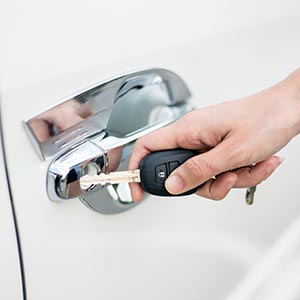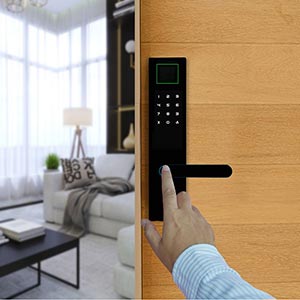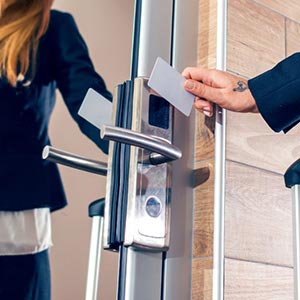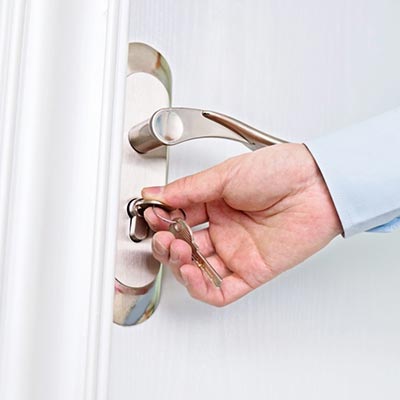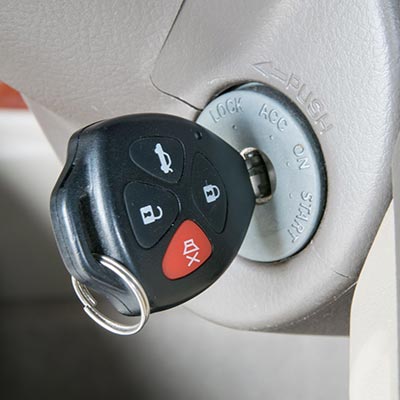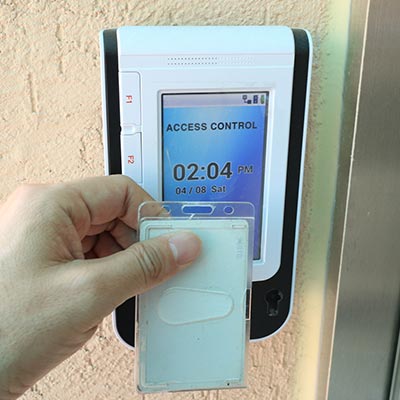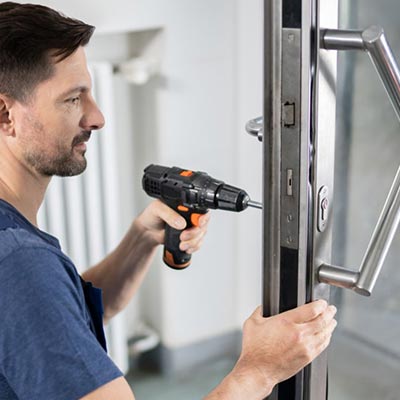- The Ignition Doesn’t Start When You Insert Your Key
If your key fits into your ignition cylinder and seems to turn like it normally does without obstruction, but your vehicle refuses to fire, it may be the case that the transponder chip inside the key has lost its programming or that it has become scrambled. Your transponder key will either need to be reprogrammed or replaced in order for you to continue using your vehicle, assuming you don’t have a spare handy. You don’t have to contact a dealership, however, as many locksmith companies are capable of performing this service on a 24-hour basis at an affordable price. Make sure you don’t try to force the key, as this is ineffective and may cause the key to snap off in the lock.
- Damage Has Happened to the Key Fob
Whether you accidentally dropped your key from a high height, such as off of your balcony, or you merely stepped on it at the wrong angle, visible damage to the plastic head of your key often means the chip inside is also damaged. It might not automatic mean this, however, so even if your key seems mangled, it still pays to not assume it’s worthless and try to operate your vehicle. Of course, even if the key works, there’s no guarantee that it won’t deteriorate fast, so it’s always best to have a damaged key replaced. This goes for damage to the teeth of the key, as well, as not only can that make your transponder key stick in the ignition lock, but the lock cylinder itself can be damaged by broken or bent teeth.
- The Ignition Cylinder is Jammed
Usually this can occur if dust or dirt from the air or on your key gets inside the cylinder and compacts as you use your key. If you ever use your key for other purposes than what it’s intended for, such as to open packages, grime can collect on the teeth of the key, which can then transfer into your key cylinder. It’s recommended never to use a key for this or any other purpose that does not involve your vehicle. It may also be helpful to clean out your ignition lock occasionally with a can of compressed air to keep it clear.
- Your Misplace Your Transponder Key or It Is Stolen
While this is obviously not a problem that is limited exclusively to transponder keys, a transponder key going missing or getting stolen is a bit more serious than a simple type of key. A house key is very easy to duplicate, but a transponder key requires specialized equipment and training to make a copy. The price for transponder key programming can vary widely, too, depending on the service provider you choose to have the service performed.
- Your Transponder Key is Stolen
Having your transponder key stolen is a bit more complicated of an issue, as anyone that possesses your key can theoretically open and operate your vehicle if they have physical access to it. That’s why our locksmiths recommend that if your transponder vehicle key was stolen you have your locks changed or rekeyed to ensure that unauthorized access or theft does not occur.
- Your Transponder Key Only Works Part of the Time
This last problem can also be attributed to an issue with the programming. It could also be caused by a malfunctioning in the wiring that connects your ignition cylinder to the vehicle’s computer, or the internal antennae. In this case, contacting a certified locksmith professional, such as our automotive locksmiths, is the most direct course of action to ensure that you have a satisfactory resolution to the problem at an affordable cost.

